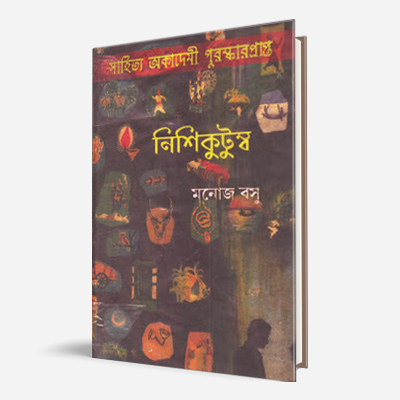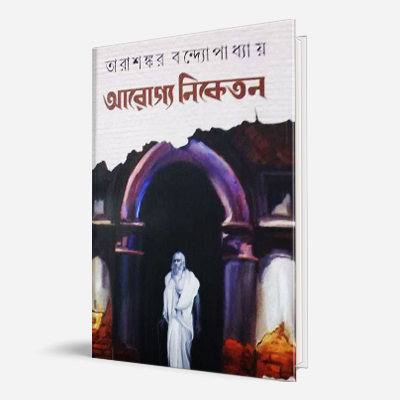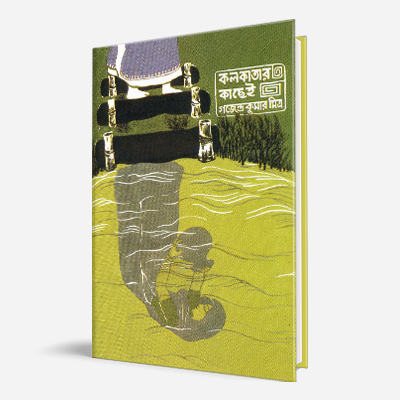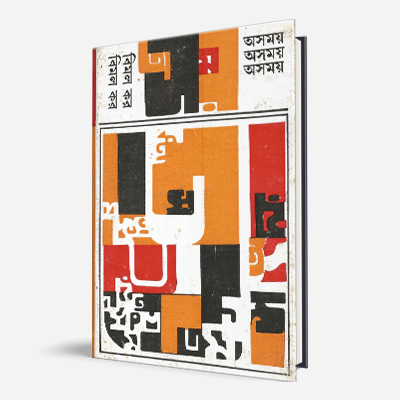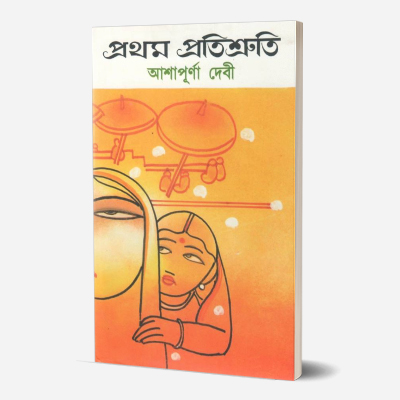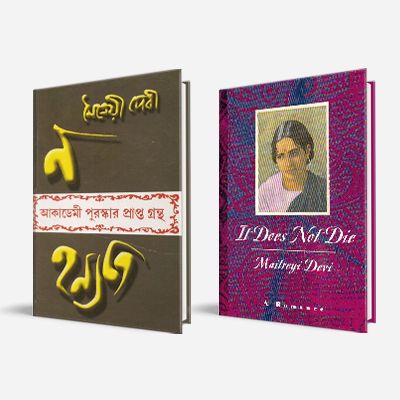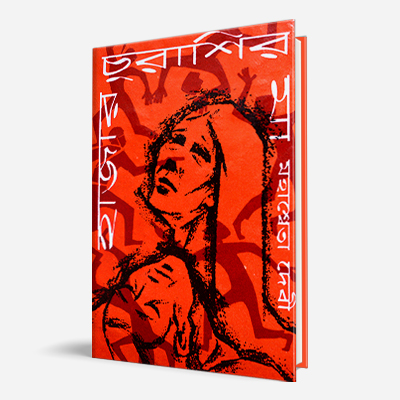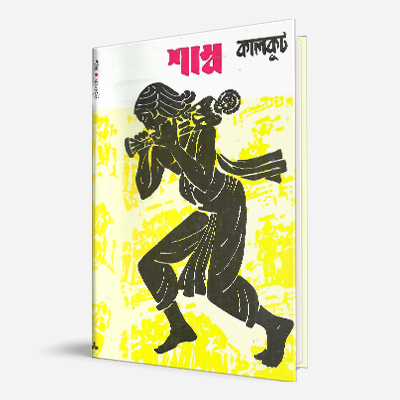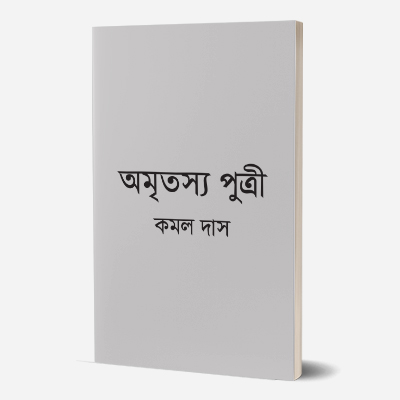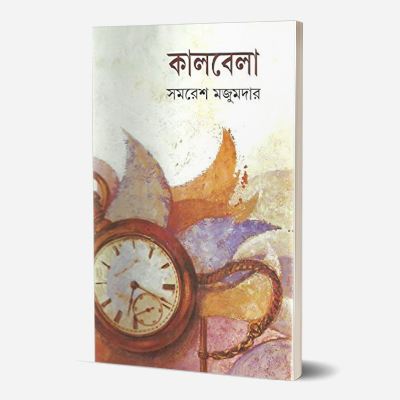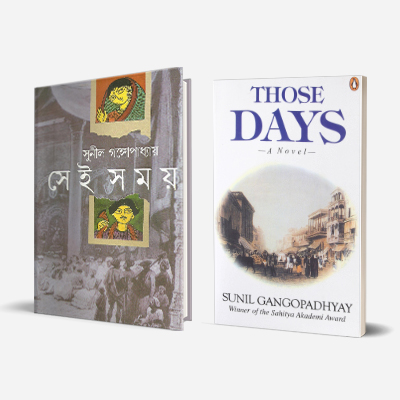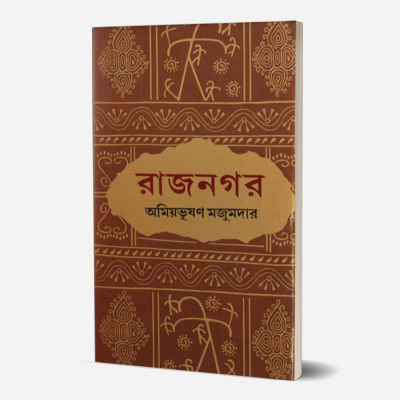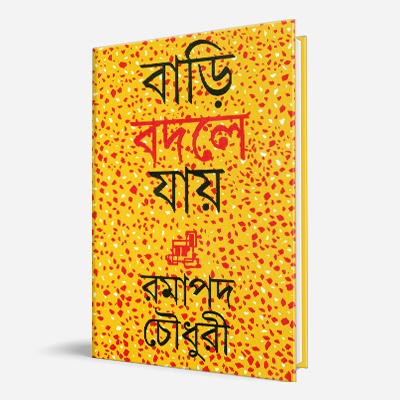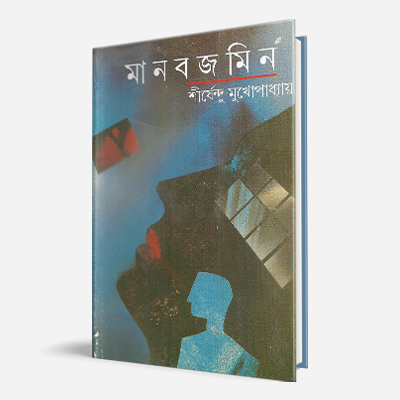Nishikutumb
By Manoj Basu
Nishikutumb—translated into English as I Come as a Thief—was released in 1966 and immediately received critical acclaim. A two-part novel, it follows the life of Saheb, who grew up in a brothel and received the training of burglary in his childhood, only to give away nearly everything he steals. As he grows old and begins to lose his abilities, poverty and starvation jeopardize his existence. Towards the end, he is freed by the police due to the intervention of a woman he had saved many years ago. Breaking from the trend of exploring the psychology of educated, urban men that was popular in Bengali literature at the time, Basu paints the life of this persona non grata through a distinctively humanist lens. He consistently attacks the idea that modernity and morality were things to be associated with respectability and decorum since Saheb ends up having the most compassionate actions and values in a society that would consider him the opposite. Basu presents the Indian version of Robin Hood and makes its current ethical and political questions. The novel received the Sahitya Akademi Award in 1966.
About the Author
Manoj Basu (1901-87) belongs to a group of Bengali novelists of the social realist school, who came into prominence as early as the thirties when a band of devoted writers belonging to the Kallol Group started depicting harrowing pictures of Bengali middle- class and lower-middle-class in a Flaubertian manner. Basu’s short stories have often been compared with the romantic tragedies of Bankim Chandra Chatterjee. He wrote 33 novels and dramas, travel stories, children’s books—comprising a total of 64 books. In the words of author Bhabani Bhattacharya, “Very few contemporary writers have succeeded better than he [Basu] in recording a constantly changing scene with indisputable honesty and integrity”.
